SOLAR PANELS, SOLAR BATTERIES AND SOLAR INVERTERS
The cost of electricity is on the rise and it is not just because of the increasing cost of fuel. It is also due to the increased demand for electricity. With more people living in cities, there are more buildings and factories to power up. This means that there is a greater need for solar panels and inverters.
If you have solar panels, you need to make sure that your solar inverters and batteries are ready for the shift in time. If they’re not, you could end up with a power outage during the day and your panels won’t be working effectively.
Solar Panels are an excellent way to generate electricity as they are renewable and environmentally friendly. However, they require a lot of space and can be quite expensive too.
Solar panels and inverters are two important components of a solar system. Solar panels are the part that converts the sun’s energy into electricity. Inverters convert this electricity into a form that is usable in your home.
Solar panels come in different wattages, which is how much power they can produce. Inverters also come in different power capacities. The size of your solar system will depend on how much electricity you use and how much sunshine you get in your area.
The best solar panels and inverters are a must-have for any home. It is important to choose the right solar panels and inverters that will work with your needs.
Solar Panels are devices used to convert sunlight into electricity while solar inverters convert the direct current (DC) from the solar panel into alternating current (AC). They also provide protection against high voltages or surges in the power supply.

A solar battery is a gadget that you can use to store extra electricity generated by your solar panels.
You can utilize the stored energy to power your home when your solar panels don’t generate enough electricity, such as at night, on cloudy days, or during power outages.

A solar battery’s purpose is to assist you to make better use of the solar energy you generate. If you don’t have battery storage, any surplus solar power goes to the grid, which means you’re creating power and distributing it to others without fully exploiting the electricity your panels generate.
TECHNOLOGY COMPARISONS FOR BATTERY STORAGE
There are two types of solar batteries that are often used:
- LITHIUM-ION: Lithium-ion is a type of rechargeable battery and is preferred by solar panel manufacturers because it is capable of storing more energy, hold that energy for longer, and have a higher Depth of Discharge than conventional batteries.
Depth of Discharge, often known as DoD, is the proportion of a battery’s total capacity that can be utilized. A battery with a DoD of 95 percent, for example, can safely utilize up to 95 percent of its capacity before needing to be recharged.
As previously stated, lithium-ion batteries are preferred by battery manufacturers due to their higher DoD, longer lifespan, ability to store more energy for longer periods of time, and smaller size. Lithium-ion batteries, on the other hand, are more expensive than lead-acid batteries due to their various advantages.
- LEAD-ACID: Lead-acid batteries (the same technology as most automobile batteries) have been used as in-home energy storage devices for off-grid power solutions for many years. While they are still available at low rates, their popularity is dwindling because to their low DoD and short lifespan.
SOLAR BATTERIES AND SOLAR POWER SYSTEMS: HOW DO THEY WORK?
The solar panels on the roof generate energy at the start of the process. Here’s a step-by-step breakdown of how a DC-coupled system works:
- When sunlight strikes the solar panels, it is transformed to DC electricity.
- When electricity enters the battery, it is converted to DC electricity and stored.
- The DC electricity then exits the battery and passes via an inverter, where it is turned into AC electricity that may be used in the residence.
With an AC-coupled system, the procedure is slightly different.
- When sunlight strikes the solar panels, it is transformed to DC electricity.
- The electricity is fed into the inverter, which converts it to AC electricity that can be used in the residence.
- Excess electricity is then converted to DC electricity, which can be stored for later use, by another inverter.
- If the house wants to use the energy stored in the battery, it must first pass through the inverter before it can be used.
HOW SOLAR BATTERIES WORK WITH A HYBRID INVERTER
A single device can convert DC electricity into AC electricity and can also convert AC electricity into DC electricity i.e. if you have a hybrid inverter. As a result, you don’t need two inverters in your photovoltaic (PV) system: one to convert electricity from your solar panels (solar inverter) and another to convert electricity from the solar battery (battery inverter).
The hybrid inverter is also known as a battery-based inverter or hybrid grid-tied inverter, the hybrid inverter combines a battery inverter and solar inverter into a single piece of equipment. It eliminates the need to have two separate inverters in the same setup by functioning as an inverter for both the electricity from your solar battery and the electricity from your solar panels.
Hybrid inverters are growing in popularity because they work with and without battery storage. You can install a hybrid inverter into your battery-less solar power system during the initial installation, giving you the option of adding solar energy storage down the line.
ADVANTAGES OF USING A SOLAR BATTERY STORAGE
- Provides Relief from Power Outages: Since your batteries can store the excess energy created by your solar panels, your home will have electricity available during power outages and other times when the grid goes down.
- Reduces Your Carbon Footprint: With solar panel battery storage, you can go green by making the most of the clean energy produced by your solar panel system. If that energy isn’t stored, you will rely on the grid when your solar panels don’t generate enough for your needs. However, most grid electricity is produced using fossil fuels, so you will likely be running on dirty energy when drawing from the grid.
- Provides Electricity Even After the Sun Goes Down: When the sun goes down and solar panels aren’t generating electricity, the grid steps in to provide much-needed power if you don’t have any battery storage. With a solar battery, you’ll use more of your own solar electricity at night, giving you more energy independence and helping you keep your electric bill low.
- A Quiet Solution to Backup Power Needs: A solar power battery is a 100% noiseless backup power storage option. You get to benefit from maintenance free clean energy, and don’t have to deal with the noise that comes from a gas-powered backup generator.
- Stores Excess Electricity Generation: Your solar panel system can often produce more power than you need, especially on sunny days when no one is at home. If you don’t have solar energy battery storage, the extra energy will be sent to the grid. If you participate in a net metering program, you can earn credit for that extra generation, but it’s usually not a 1:1 ratio for the electricity you generate.
With battery storage, the extra electricity charges up your battery for later use, instead of going to the grid. You can use the stored energy during times of lower generation, which reduces your reliance upon the grid for electricity. To get the most out of your solar panels and batteries, you need the correct system design.
At KARA ONLINE STORES, we have the knowledge and experience to help you on your clean energy journey. Our solar professionals are available to assist you with anything from solar power installation and servicing to energy storage and monitoring. With just a few clicks, your request shall be attended to with immediate effect.
Kindly search on kara.com.ng to buy solar panels, inverters, and batteries of your choice at an affordable price.



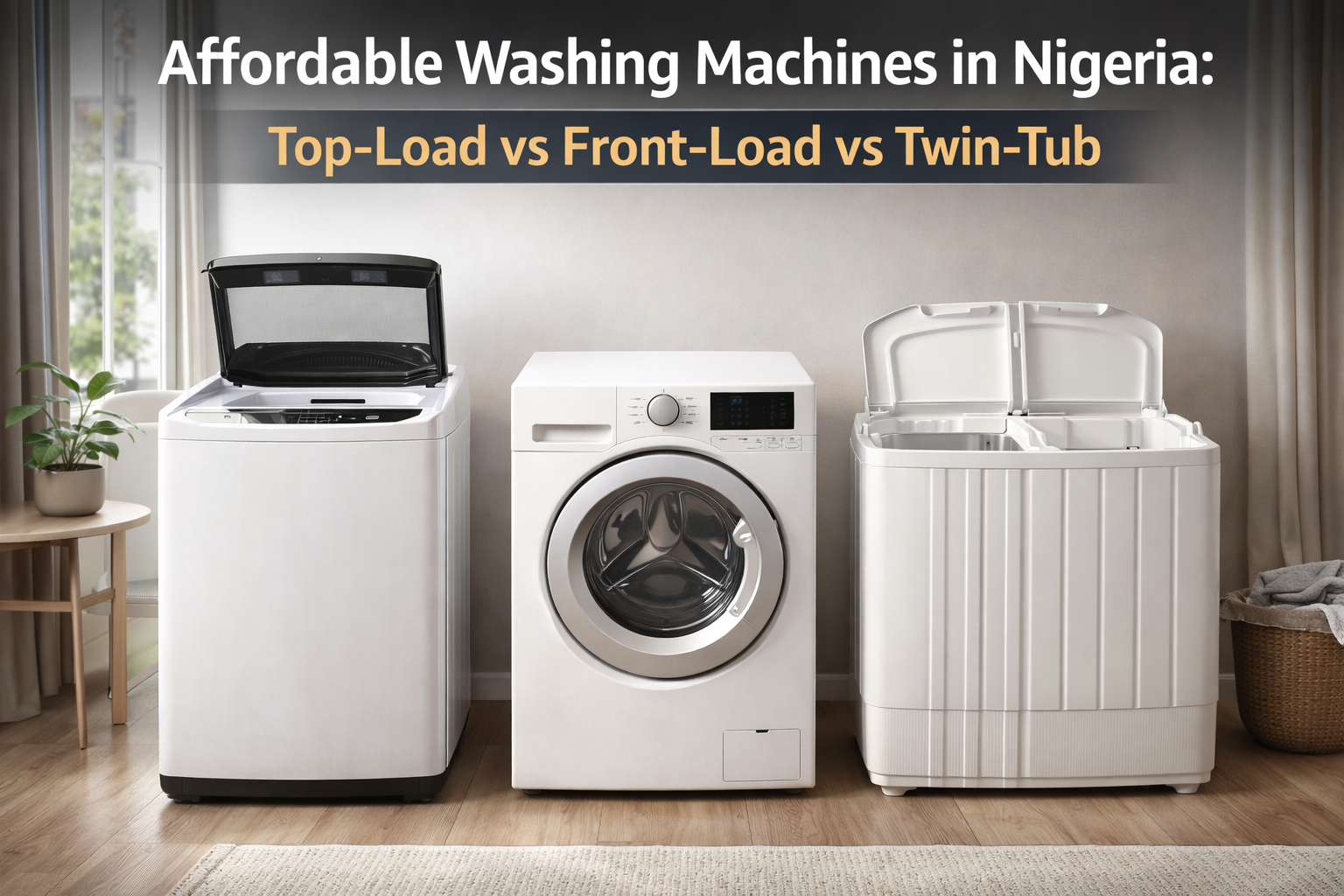

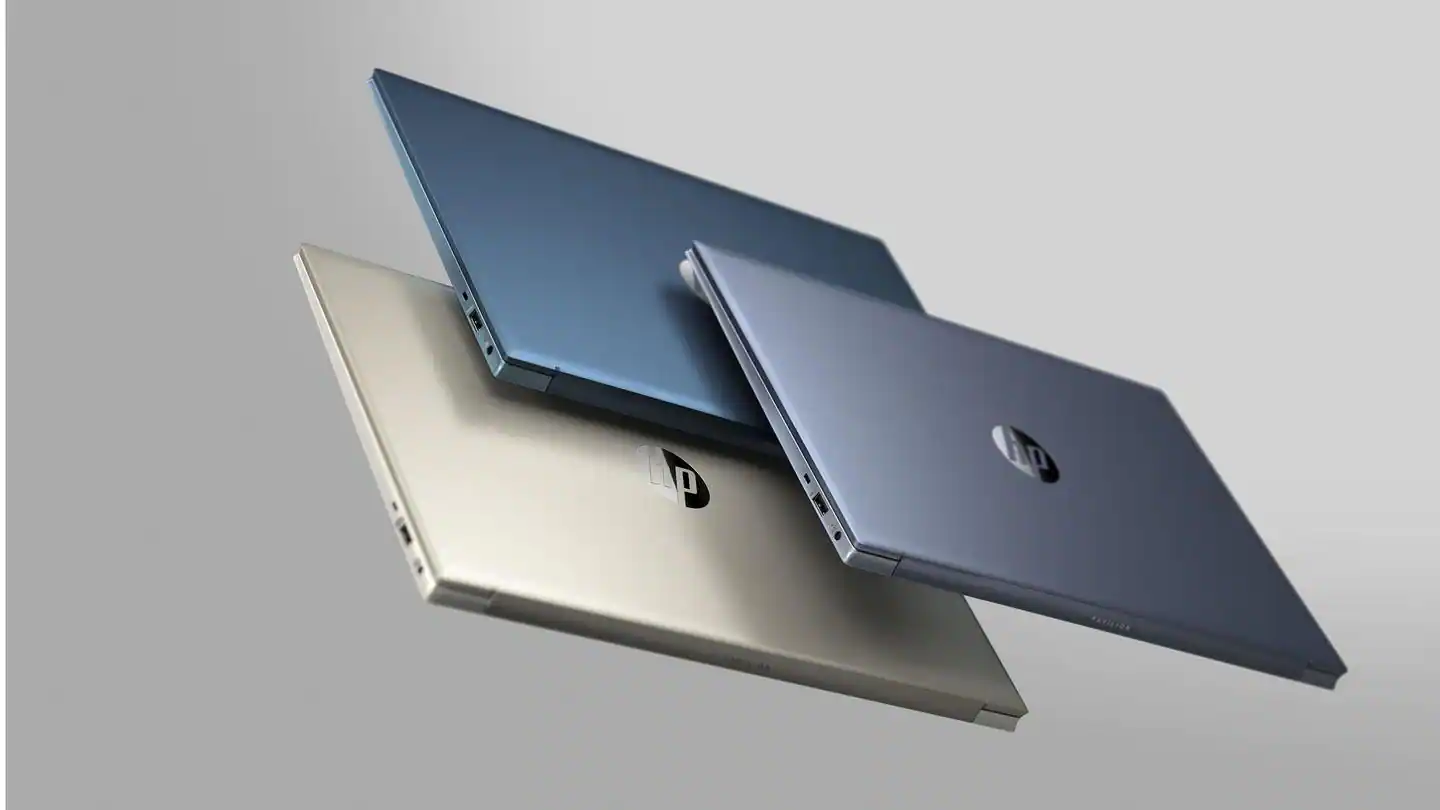

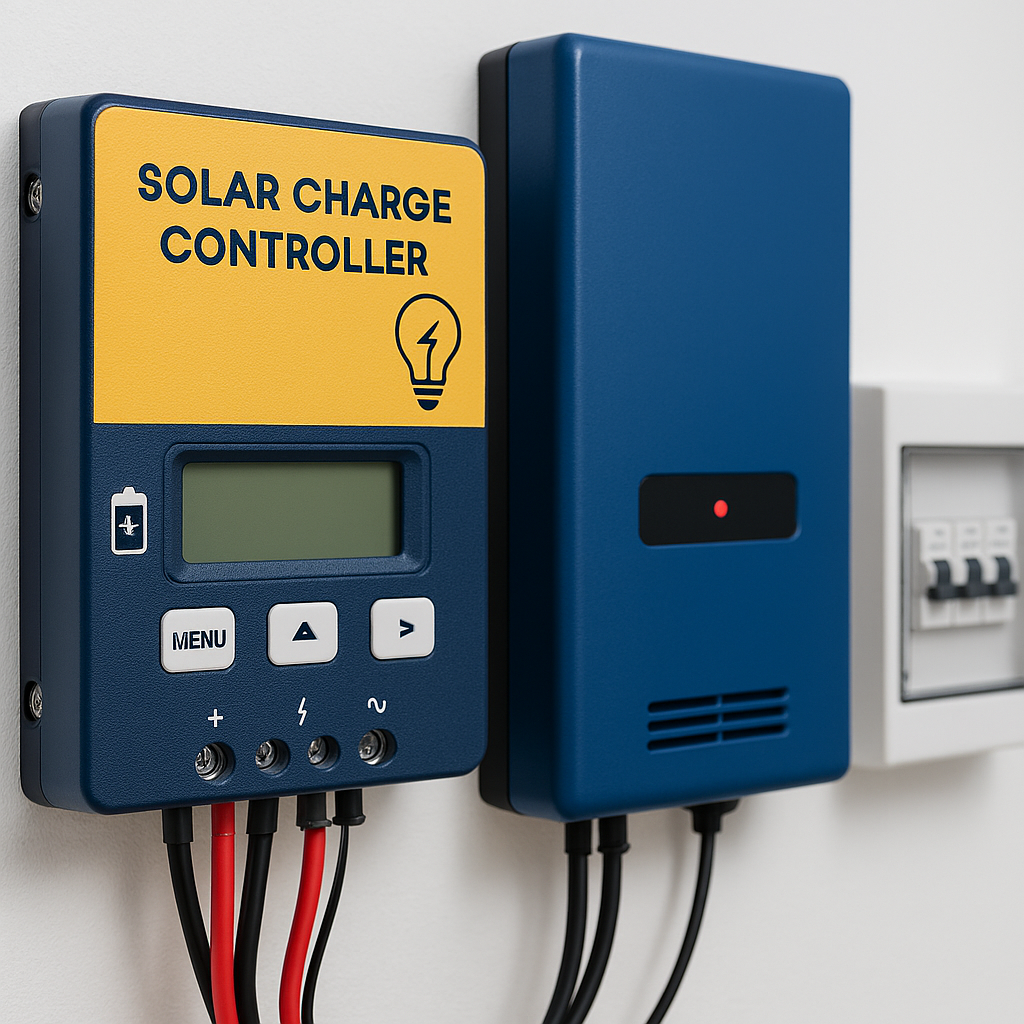
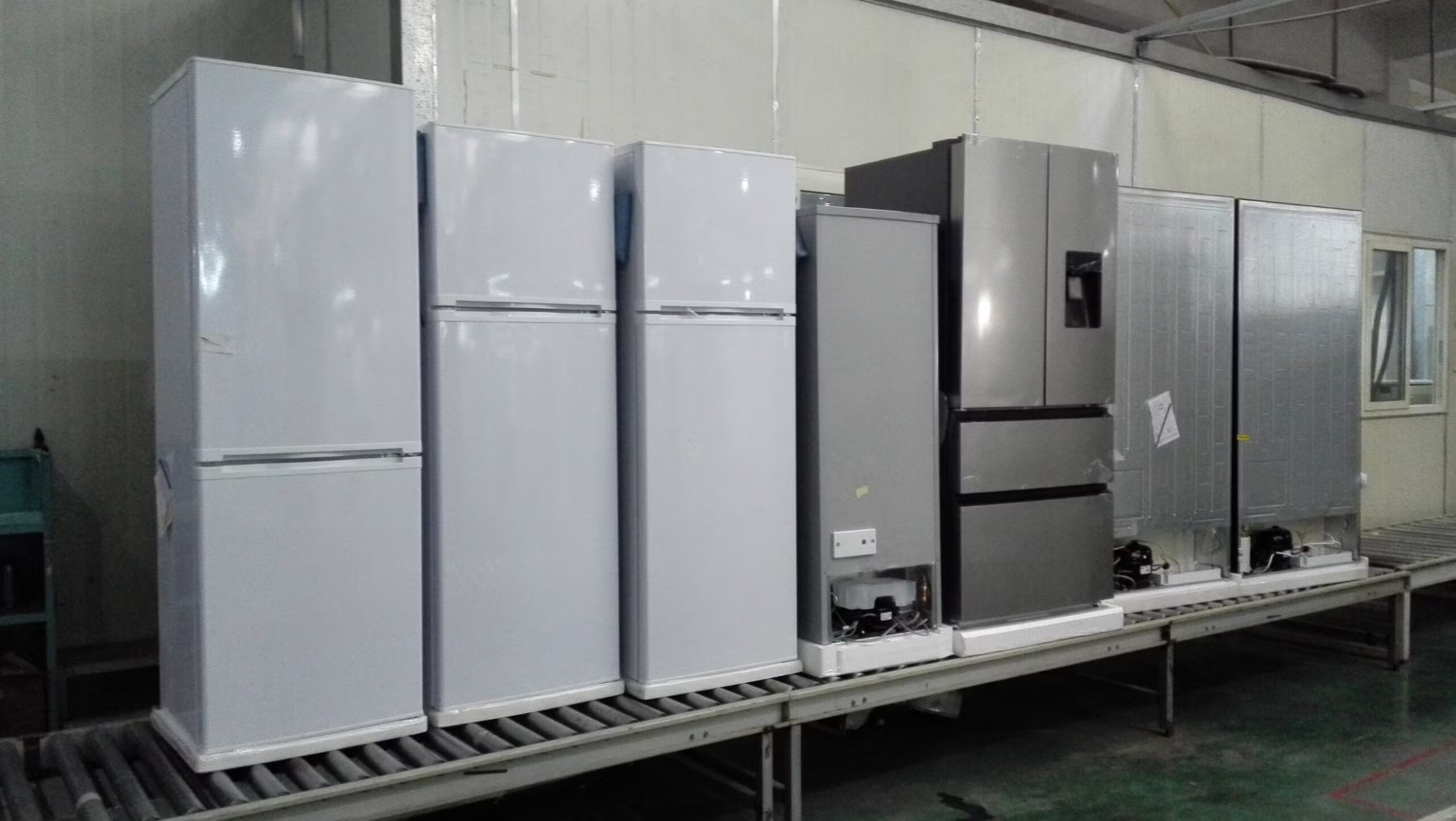

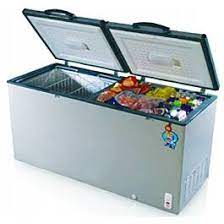
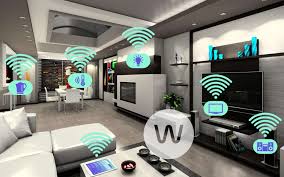
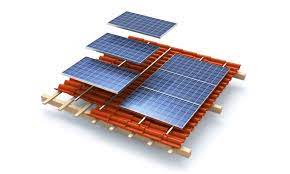
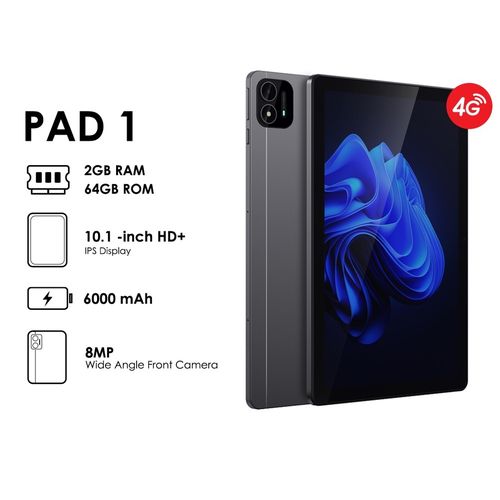
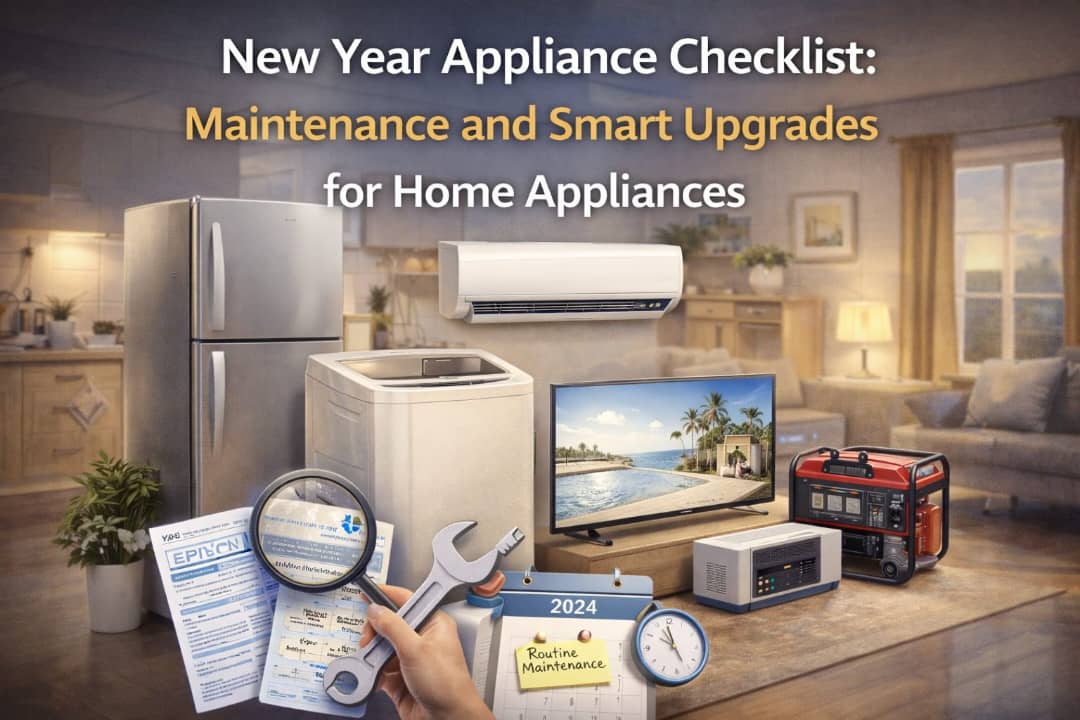
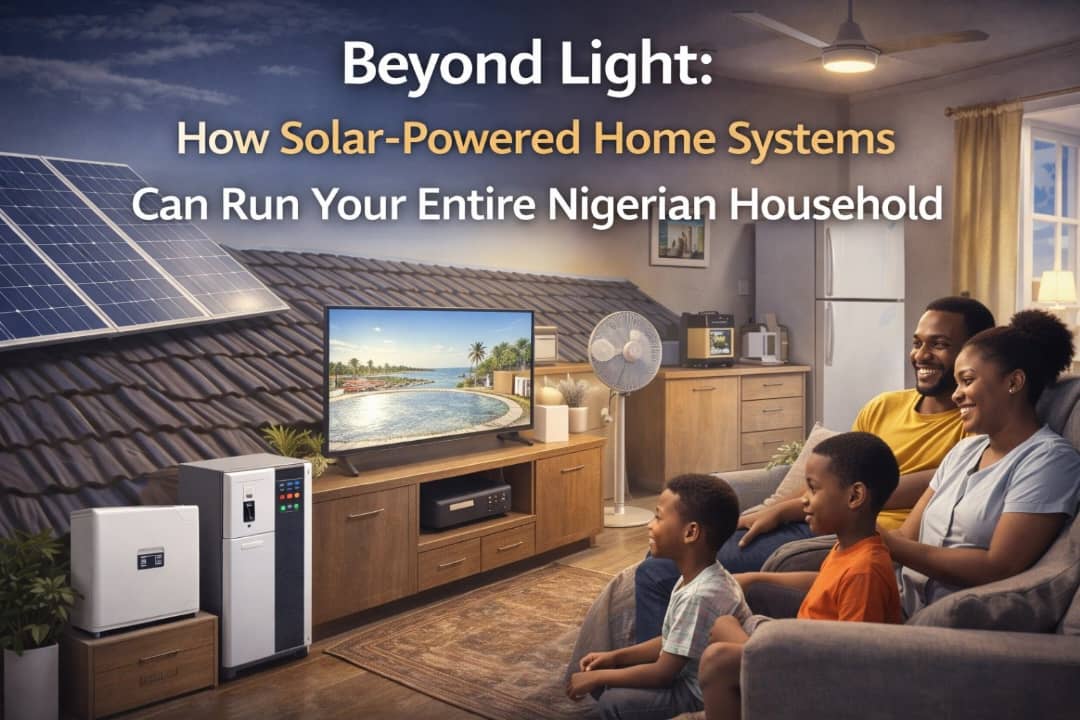
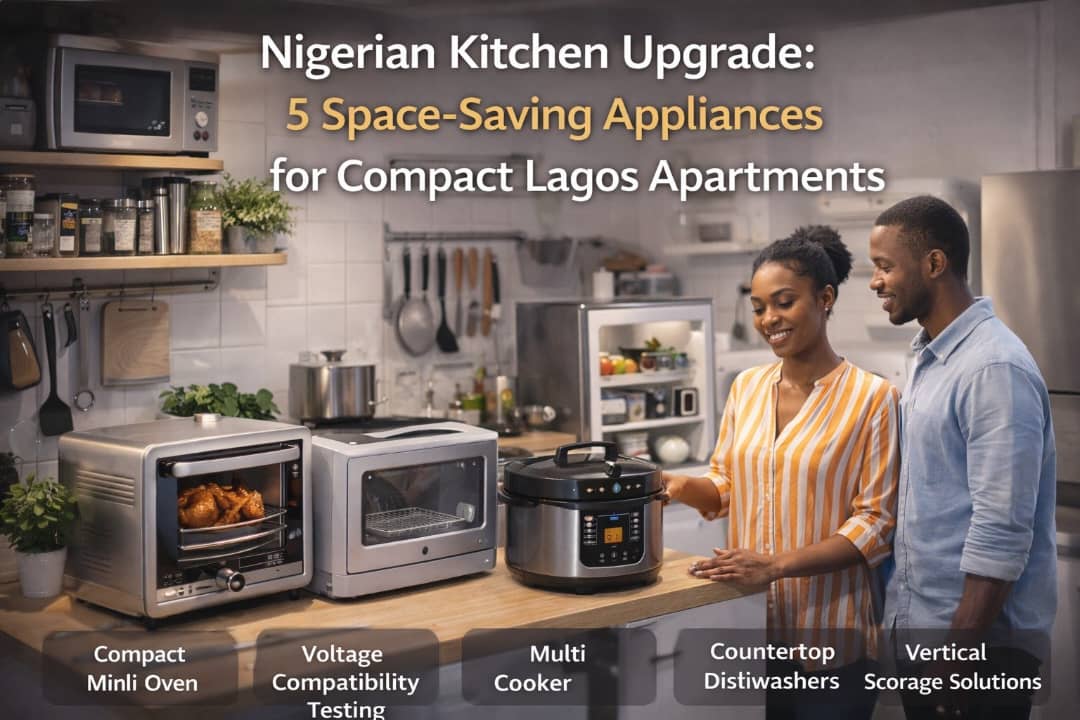
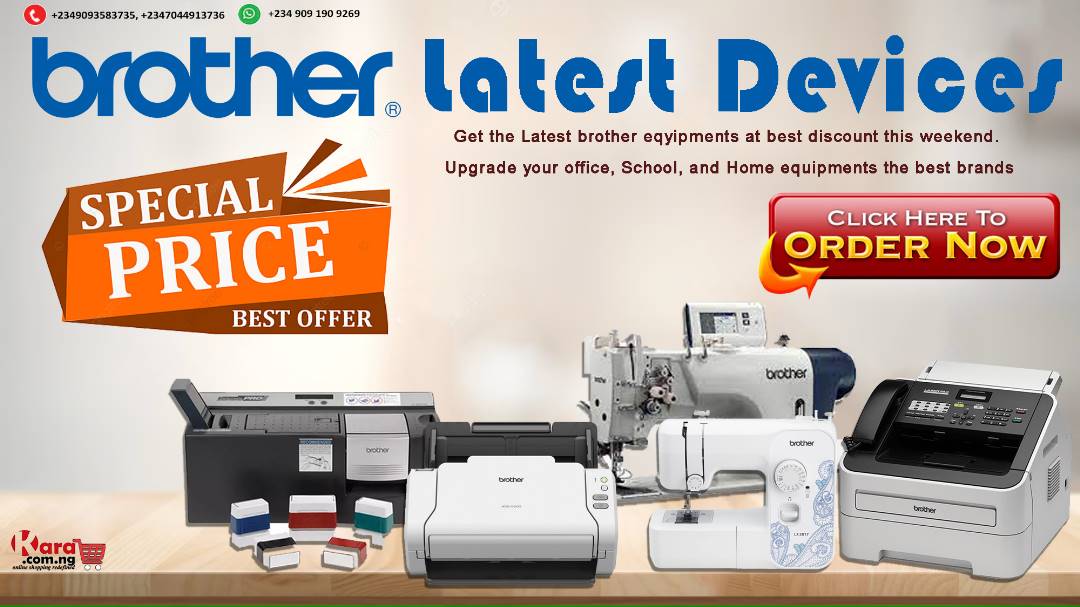


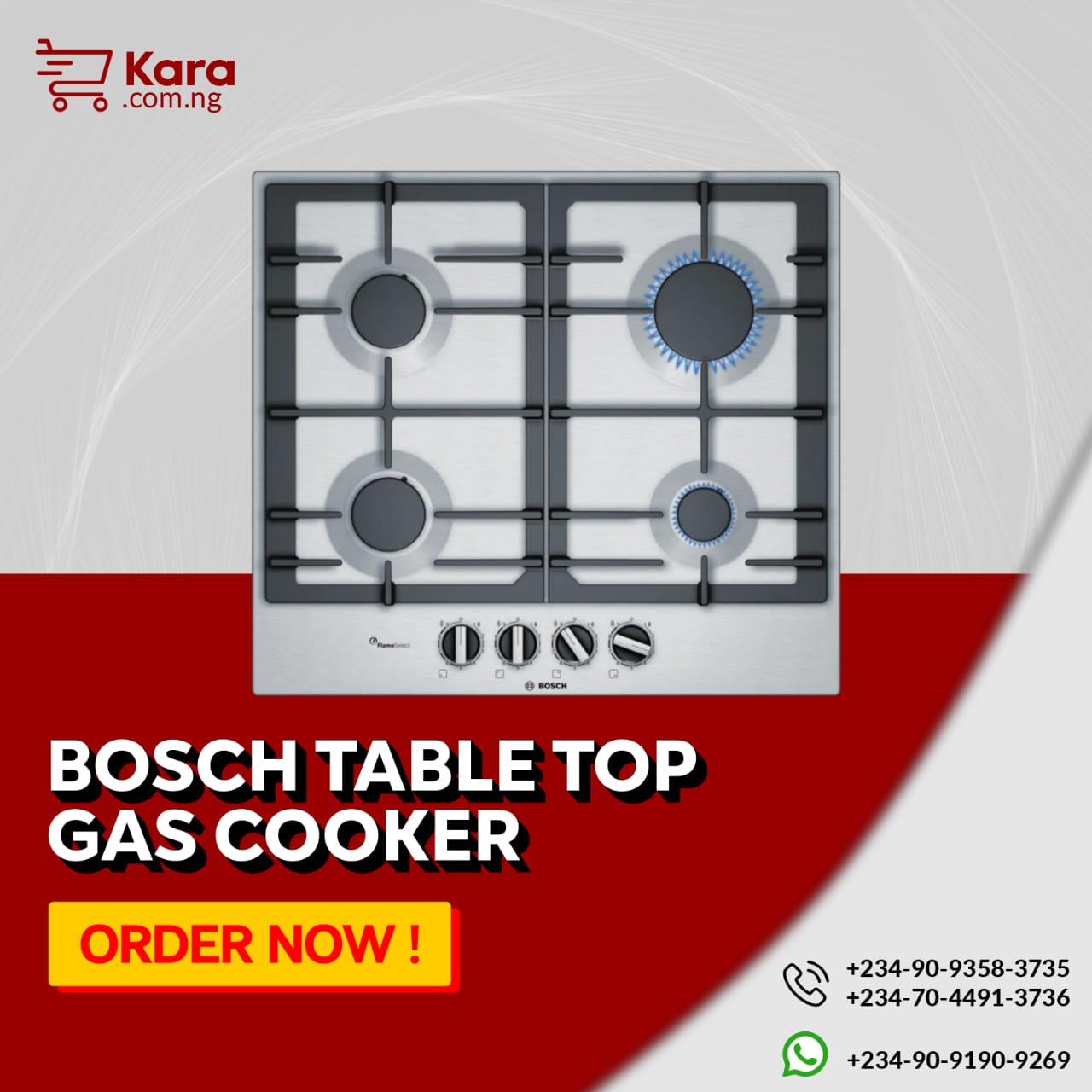

Comments